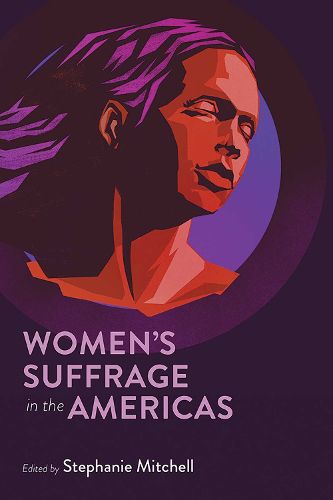Readings Newsletter
Become a Readings Member to make your shopping experience even easier.
Sign in or sign up for free!
You’re not far away from qualifying for FREE standard shipping within Australia
You’ve qualified for FREE standard shipping within Australia
The cart is loading…






The first hemispheric study to trace how women in the Americas obtained the right to vote, Women's Suffrage in the Americas pushes back against the misconception that women's movements originated in the United States. The volume brings Latin American voices to the forefront of English-language scholarship. Suffragists across the hemisphere worked together, formed collegial networks to support each other's work, and fostered advances toward women gaining the vote over time and space from one country to the next. The collection as a whole suggests several models by which women in the Americas gained the right to vote: through party politics; through decree, despite delays justified by women's supposed conservative politics; through conservative defense of traditional roles for women; and within the context of imperialism. However, until now historians have traditionally failed to view this common history through a hemispheric lens.
$9.00 standard shipping within Australia
FREE standard shipping within Australia for orders over $100.00
Express & International shipping calculated at checkout
The first hemispheric study to trace how women in the Americas obtained the right to vote, Women's Suffrage in the Americas pushes back against the misconception that women's movements originated in the United States. The volume brings Latin American voices to the forefront of English-language scholarship. Suffragists across the hemisphere worked together, formed collegial networks to support each other's work, and fostered advances toward women gaining the vote over time and space from one country to the next. The collection as a whole suggests several models by which women in the Americas gained the right to vote: through party politics; through decree, despite delays justified by women's supposed conservative politics; through conservative defense of traditional roles for women; and within the context of imperialism. However, until now historians have traditionally failed to view this common history through a hemispheric lens.